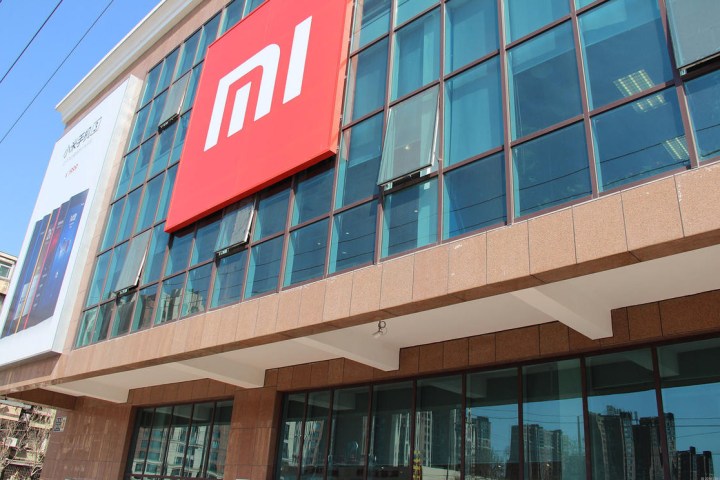
Lei Jun, Xiaomi’s CEO, has talked about a plan to open more than 1,000 retail stores in the next few years, according to local reports. The intention is to fill them with at least 40 different Xiaomi products, although it’s not very clear if the stores will be showrooms used to promote online sales, or true retail outlets where you’ll walk out with the device of your choice.
It may end up being the former. Described as ‘experience centers,’ in this report from the end of June, buyers will be able to ‘test Xiaomi’s releases’ there, a phrase that doesn’t suggest the ability to hand over money in return for a phone. However, a Fortune report says Xiaomi will also open up to 300 retail stores in smaller Chinese cities, where online shopping is less popular, where sales will presumably be finalized on site.
This shift to retail sales in China is a departure from Xiaomi’s current online-only strategy, and may be a response to high-flying global competitors such as Huawei’s success, along with manufacturers Oppo and Vivo. The latter pair have apparently knocked Xiaomi out of the top five on the world’s largest smartphone manufacturer list, due to selling hardware online, offline, and internationally. Xiaomi has some experience in retail sales, but it comes from India, where it has 5,000 retail outlets through partnerships with major retailers, specialist outlets, and small businesses. The price of a Xiaomi phone there is the same in-store as it is online.
Between 50 and 60 Xiaomi shops may be open in China before the end of 2016.




